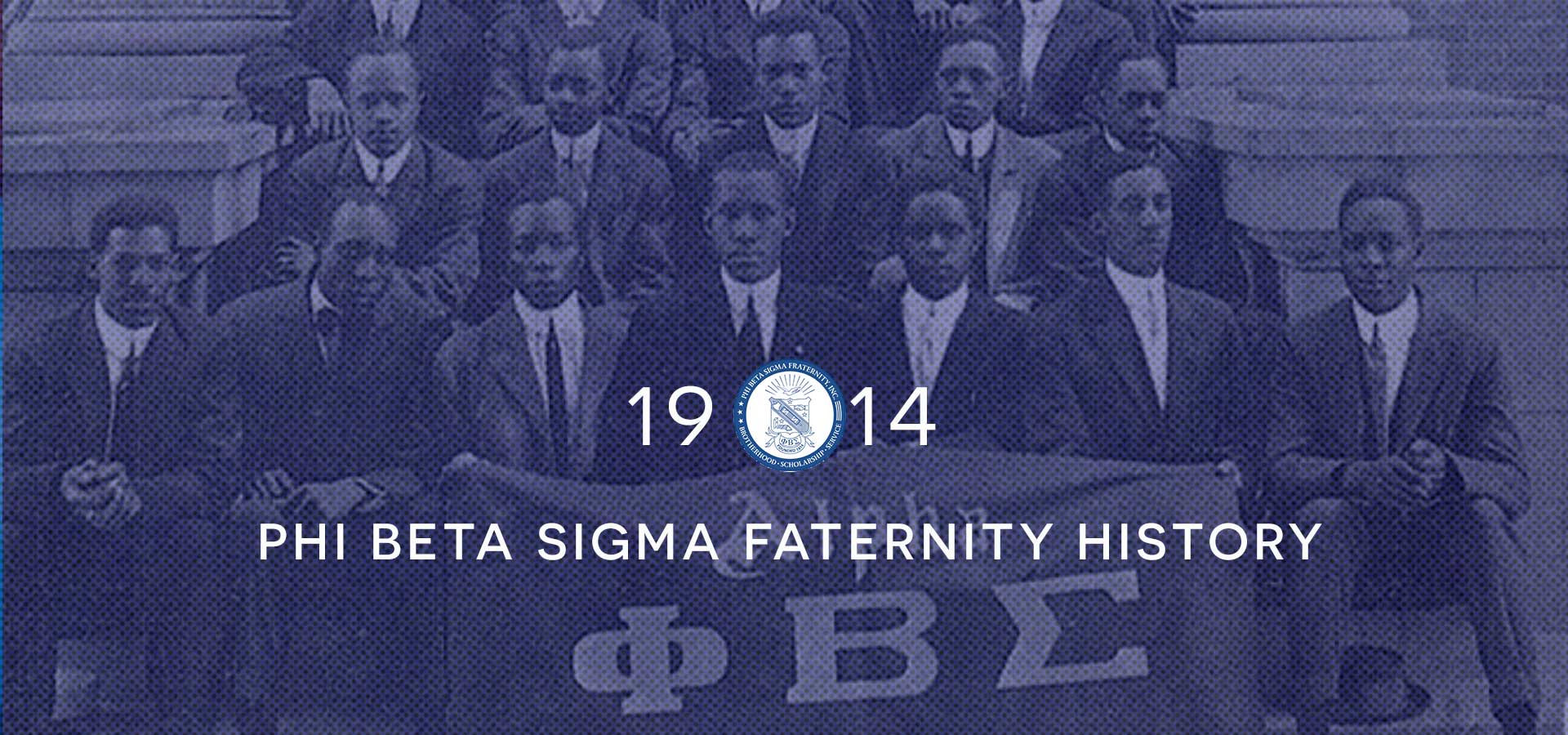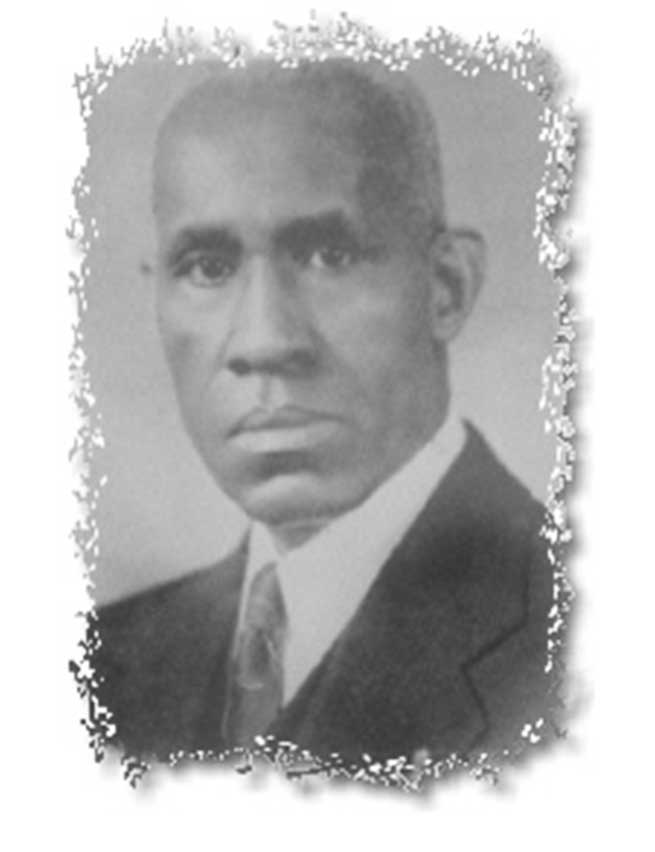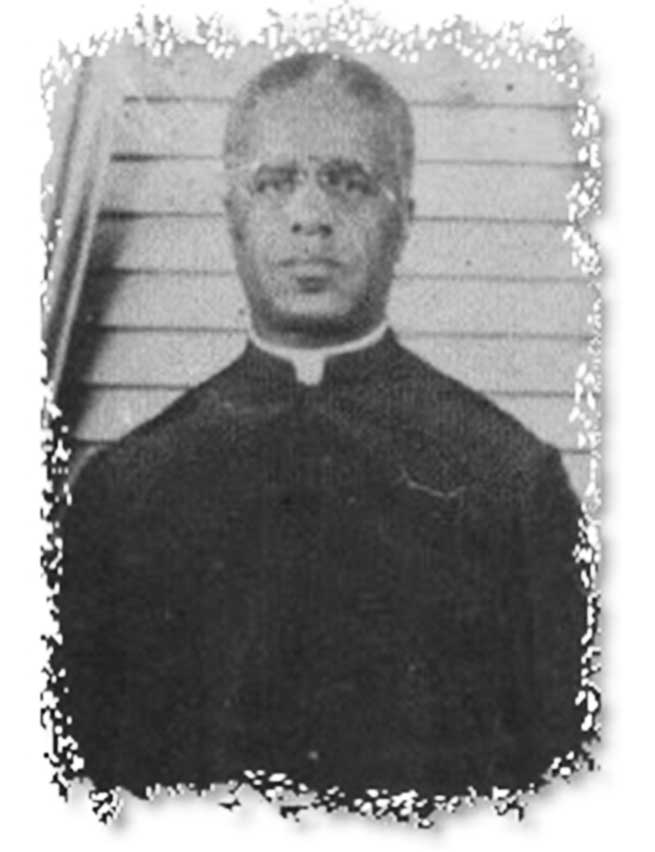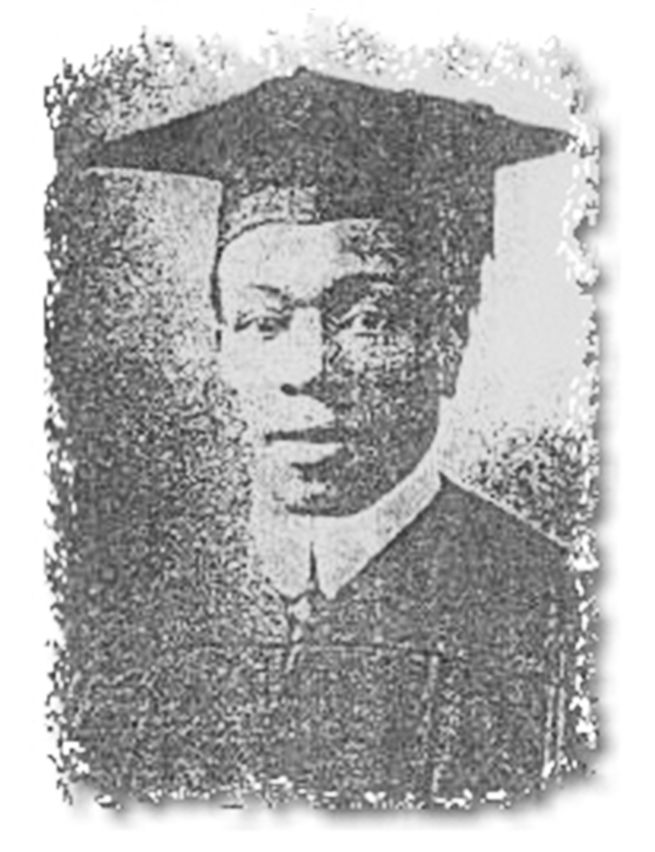


BRO. A.M. WALKER
First Initiate

Honorable
A. Langston Taylor
January 29, 1890 – August 8, 1953
Honorable Langston Taylor was the Founder of Phi Beta Sigma Fraternity, Inc. Honorable Taylor coined “Culture for Service, Service for Humanity”. He began serving Humanity by the founding of Sigma,

Honorable
Leonard F. Morse
January 12, 1891 – May 22, 1961
Founder Morse was a student of the Greek language and he named our beloved fraternity. In addition, he wrote Sigma’s first constitution and was the first president of Alpha Chapter.

Honorable
Charles I. Brown
Aug 27, 1885 – December 21, 1981
Honorable Charles I. BrownHe was very cordial and very popular with the student body and Howard University Administration. He is credited with choosing the 9 charter members of Phi Beta Sigma Fraternity.
January 9, 1914 Howard University, Washington, DC
Phi Beta Sigma Fraternity, Inc. was founded at Howard University in Washington, D.C., January 9, 1914, by three young African-American male students. The founders, Honorable A. Langston Taylor, Honorable Leonard F. Morse, and Honorable Charles I. Brown, wanted to organize a Greek letter fraternity that would truly exemplify the ideals of brotherhood, scholarship, and service.
The founders deeply wished to create an organization that viewed itself as “a part of” the general community rather than “apart from” the general community. They believed that each potential member should be judged by his own merits rather than his family background or affluence…without regard of race, nationality, skin tone or texture of hair. They wished and wanted their fraternity to exist as part of even a greater brotherhood which would be devoted to the “inclusive we” rather than the “exclusive we”.
From its inception, the Founders also conceived Phi Beta Sigma as a mechanism to deliver services to the general community. Rather than gaining skills to be utilized exclusively for themselves and their immediate families, the founders of Phi Beta Sigma held a deep conviction that they should return their newly acquired skills to the communities from which they had come. This deep conviction was mirrored in the Fraternity’s motto, “Culture For Service and Service For Humanity“.
Today, 92 years later, Phi Beta Sigma has blossomed into an international organization of leaders. No longer a single entity, the Fraternity has now established the Phi Beta Sigma Educational Foundation, the Phi Beta Sigma Housing Foundation, the Phi Beta Sigma Federal Credit Union, and the Phi Beta Sigma Charitable Outreach Foundation. Zeta Phi Beta Sorority, Inc., founded in 1920 with the assistance of Phi Beta Sigma, is the sister organization. No other fraternity and sorority is constitutionally bound as Sigma and Zeta. We both enjoy and foster a mutually supportive relationship.


BIGGER BETTER BUSINESS
Phi Beta Sigma Fraternity, Inc., believes that the improvement and economic conditions of minorities is a major fact in the improvement of the general welfare of society. It is upon this conviction that the Bigger and Better Business Program rests. Since 1926, the Bigger and Better Business Program has been sponsored on a national scale by Phi Beta Sigma as a way of supporting, fostering, and promoting minority owned businesses and services….

EDUCATION
The founders of Phi Beta Sigma Fraternity, Inc. were all educators in their own right. The genesis of the Education Program lies in the traditional emphasis that the Fraternity places on Education. During the 1945 Conclave in St. Louis, Missouri, the fraternity underwent a constitution restructuring after World War II. This lead to the birth of Education as a National Program.

SOCIAL ACTION
During the 20th anniversary of Sigma, the Committee on Public Policy urged that the fraternity come forth with a broadly-based program that would be addressed to the problems of the great masses of the Negro people. This new departure, in large measure, grew out of the experiences of the New York group. These men from Manhattan brought with them a new idea, Social Action..
